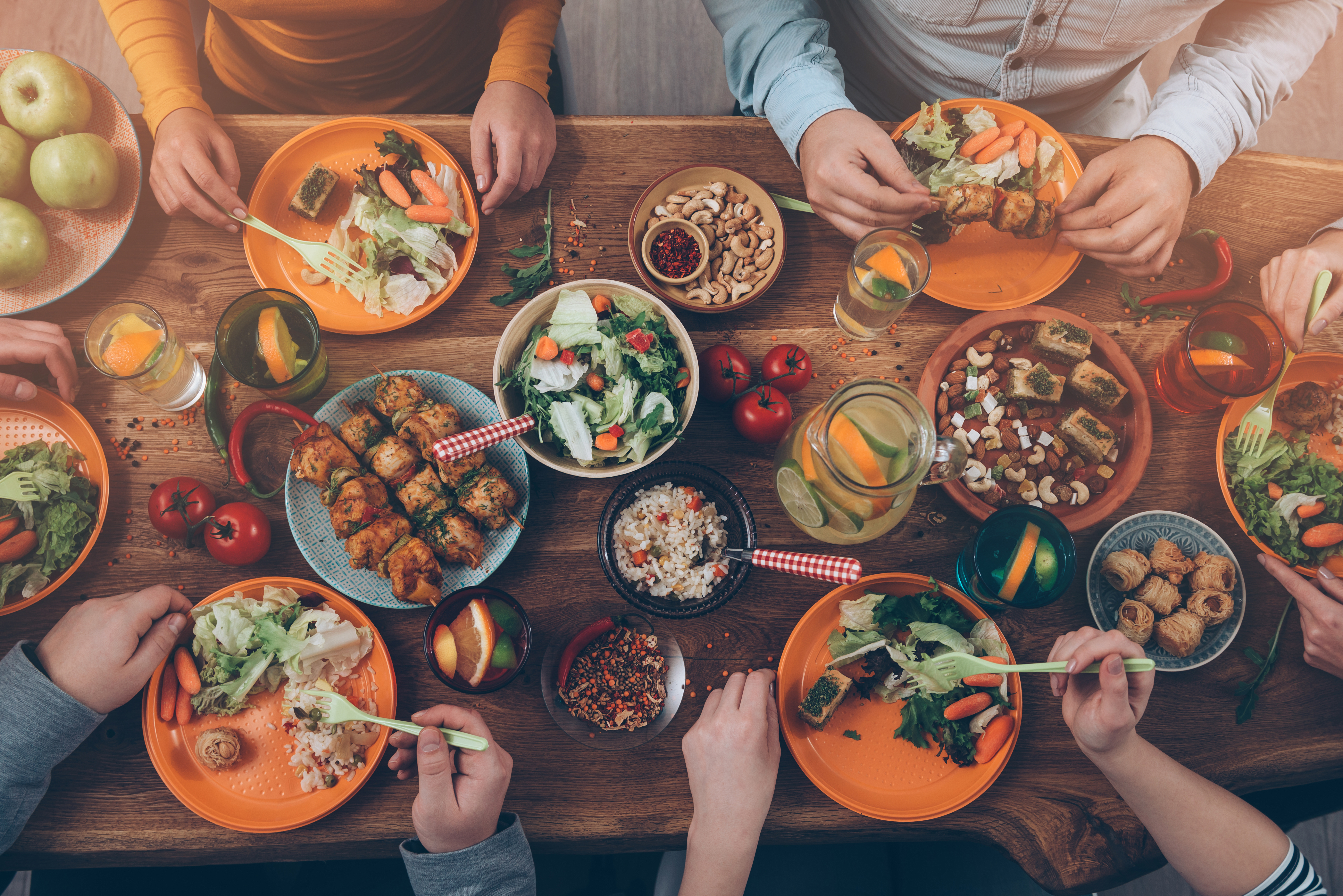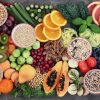Having diabetes doesn’t mean you have to skip out on dinners with your friends or folks. As long as you watch what you eat, you are sorted. Let’s take a closer look at some tips that can help you navigate your way off possible glucose-spiking pitfalls!
Load up on carbs before you go
Eating a little something before you head out will ensure you are partially full and will help avoid indulging in absurd amounts of calories.
Portion Sizes
One thing that can completely wreak havoc to your diabetes diet is the portion size served. While judging them can be tricky, it’s best to keep to a small size. That way you might even be able to eat a wider variety of food.
Pick out the healthy dishes
Now there might be dishes on the menu that will call out to you. But exercising caution in what you pick can save you from a lot more trouble than you can imagine. You won’t have to put in that extra round or running, or drastically scale back on the calories in the next meal. The idea is to choose lighter, smaller portions of the mains. Avoid dishes with the words “fried,” ”tempura,” “creamy,” “glazed,” or “crunchy,” and go for “tossed,” “grilled,” or “baked” instead.
Fiber is your friend
Anything with fruits, whole grains, vegetables and fruits is better-for-you! They have healthier carbs that will keep you feeling full for longer and avoid the dreaded excess glucose.
Look out for the carbs
If your meal plan includes keeping a record of the carbs, then this is another way you can go. While it might be tough to estimate, considering you might not know what went into the dish, there are tons of apps that can help you with this. Or just have a chat with your waiter. He/she will be more than glad to help out.
Timing
When you’re eating out, there is a possibility that you’ll eat at a time that is not in sync with your normal routine. It’s best to eat some carbs within your routine eating window to avoid a hypo.
Keep off anything that’s too salty or too sweet
Avoid dishes that are based on sweet sauces such as honey chili or those with high sodium levels such as black or soy bean.
Become a slow eater
Yes! You heard us right. Eating slower can actually help you reduce the amount you eat. It works on the principle that we usually overeat because we unable to gauge when we are full. It sets in only after a little while.
Now that you’re armed with this information, here’s to enjoying every meal out!















